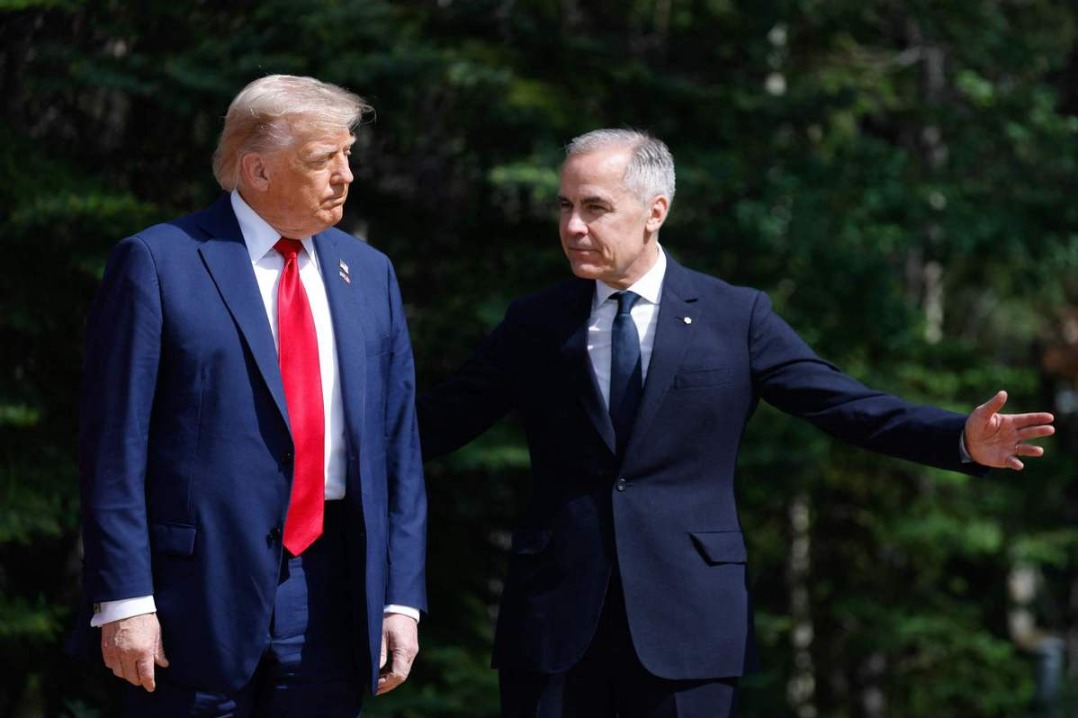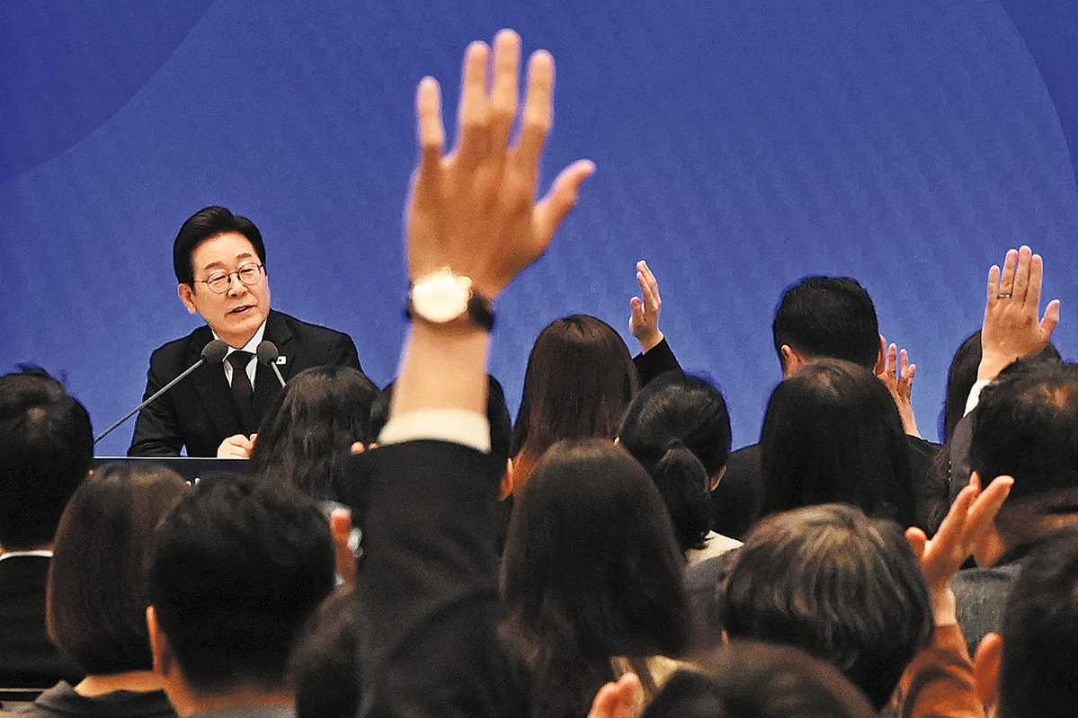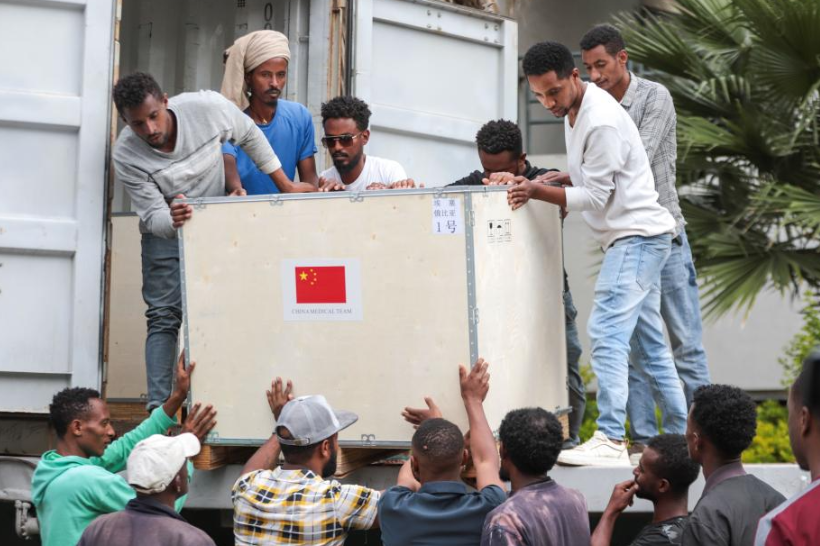Tariff-free access to help Africa boost trade


As Western countries shift gears and retreat into protectionism by erecting nontariff barriers and slapping tariffs as high as 50 percent on African countries, China's sweeping 100 percent duty-free access to 53 African nations marks a historic pivot. The China-Africa Changsha Declaration on Upholding Solidarity and Cooperation of the Global South, released on June 11, not only offers a lifeline to a region struggling to navigate unequal global trade architectures, but also presents an opportunity for international trade policy shifts. This is an opportunity for Africa to act decisively and leverage its burgeoning youth population, strategic raw materials and untapped industrial potential.
African countries have had to navigate the European Union's stringent nontariff barriers such as phytosanitary rules, hygiene and environmental standards.
They also need to counter tariffs on sensitive goods as outlined in the Economic Partnership Agreement, namely for agricultural commodities and processed products, in their quest for access to EU markets.
The United States' new policy imposes a baseline tariff of 10 percent on the majority of African countries and some countries such as Lesotho have been hit with tariffs as high as 50 percent. The US' tariff move has thrown into limbo the African Growth and Opportunity Act that had driven product access to US markets for apparel, textiles, agricultural produce and light machinery, estimated to be worth $8 billion in 2001 to $22 billion in 2021. Western markets, once a pillar of Africa's export economy, now prioritize technological sovereignty, national security and internal economic resilience over partnership. The recent posture of the West threatens Africa's aspiration to deepen economic diversification and industrialization.
China's zero-tariff policy offers Africa a strategic leverage and stronger bargaining power in its global trade negotiations with both existing and emerging partners. It signals a deepening of South-South cooperation that is likely to rebalance global trade dynamics by opening more opportunities for Africa. The Changsha Declaration points out that "… the rise and growth of the Global South represents the trend of the times and the future of development".
Coordination a must
African countries have a clear pathway to increase export volumes and diversify their trade portfolios with China. This will require a coordinated effort such as that exhibited by the African Continental Free Trade Area initiative to seek to understand the Chinese market structure and required standards. Tariff-free access widens opportunities beyond raw materials to focus on new frontiers in agriculture, medicine, creative industries, manufactured goods and light industrial products. China is well ahead in technological innovation and on the way to taking leadership in green infrastructure, creating possibilities for Africa in clean energy supply and value chains. Global demographic trends favor Africa. It is projected to double its share of global youth population from 20 percent in 2023 to 45 percent in 2100. This will provide a critical mass that can drive digital entrepreneurship.
Efforts must be made in Africa to address the challenges in costly logistics, regulatory hurdles and underdeveloped infrastructure. To optimize the tariff-free access, Africa should craft a joint approach to strategically invest in industrialization, uniform quality standards and market development. African investors must proactively seek to work with their counterparts in China to form partnerships for distribution and facilitate accelerated entry to markets. A coordinated effort is required across the continent to enable the micro, small and medium-sized enterprises to gain access to promotion agencies, digital trading platforms and export promotion agencies.
Africa stands at a pivotal moment in its economic development story. While it's a moment of celebration, the real work must be accelerated to build capacity to invest in industrial infrastructure, to competitively produce export goods, utilize regional cooperation as product launchpads, and foster youth innovation ecosystems.
The author is the founder and executive director of the Kenyan think tank Inter Region Economic Network, and publisher of the African Executive. The views do not necessarily reflect those of China Daily.



































